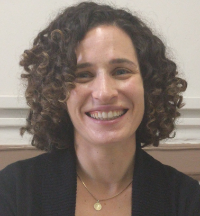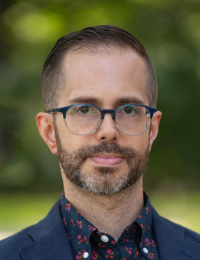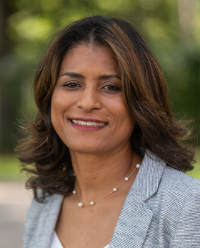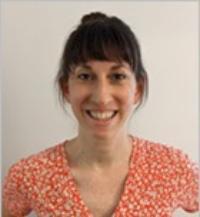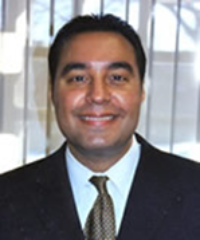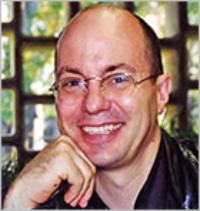Research Opportunities
The Pipeline Program is a CUNY-wide initiative designed to provide educational and financial support to CUNY undergraduates from groups currently underrepresented in our nation's universities who are interested in pursuing a Ph.D. in preparation for college-level teaching and advanced research.
Research has shown that the transition from the undergraduate to graduate education worlds is particularly difficult for students from underrepresented groups. Some difficulties are related to socio-economic factors (inability to afford graduate school or the need to support family members) while others can be categorized as cultural factors (like an unfamiliarity with terms, rules, or expectations in the graduate education world).
The Pipeline Program attempts to break down these barriers (or at least minimize them) so students with intellectual potential have an equal shot at being amazing graduate students, inspirational professors, serious researchers, and life-changing mentors.
The program is a year-long program that includes several components including monthly colloquia, a summer institute, and a research project and conference. It accepts students in any discipline except law, business and medicine.
|
Faculty |
Research |
|---|---|
|
Dr. Mia Budescu
|
Research explores stress and coping among adolescents and emerging adults. The most recent studies have looked at the mental and physical health impacts of stigmatization based on race and homelessness among unhoused youth. |
|
Dr. Martin Downing
|
Health psychology. My research program focuses on understanding psychosocial and contextual factors of health and well being. |
|
Dr. Elizabeth Guerrero-Berroa
|
Cognitive aging; underserved and minority populations. My current research is a longitudinal study of the role of depressive symptoms and inflammation in cognitive decline of very old African Americans. |
|
Dr. Keith Happaney 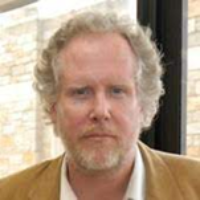 |
|
|
Dr. Steven Holochwost  |
In the Regulation, Education, and Neuroscience, or ReNeu Lab, we conduct research from an applied developmental science perspective to address three related questions:
ReNeu Lab: https://www.lehman.edu/academics/natural-social-sciences/psychology/reneu-lab/ |
|
Dr. Anna Leurssen
|
The ways in which people experience romantic relationships and respond in this context. Other research focuses on children's delay of gratification and superstitious beliefs about enjoying positive emotions. |
|
Dr. Humberto Lizardi |
Interested in the relationship between early childhood experiences, such as physical and sexual abuse, and different types of depression. Also interested in the relationship between specific parental psychiatric disorders and parenting difficulties, such as physical abuse and poor-quality relationships with offspring. Finally, interested in the academic, social, emotional, and physical health of children of depressed parents, particularly, dysthymia (a chronic type of depression). |
|
Dr. David Manier
|
I am especially interested in understanding the ways that sociocultural forces shape personality and influence psychosocial functioning. An example relates to how stressful/traumatic events affect individuals from different sociocultural backgrounds. Another (related) example is a sociocultural approach to understanding human remembering. I am a clinical psychologist, and completed a predoctoral internship at Bellevue Hospital and a postdoctoral fellowship at the National Center for Posttraumatic Stress Disorders in Honolulu. But my interests extend beyond clinical psychology, stretching into other subdisciplines of psychology, as well as other academic disciplines, such as philosophy, anthropology, and sociology. I have degrees in two other disciplines: political science and religion. But after fifteen years of studying psychology, my curiosity about human nature is far from quenched—in fact, it is more intense than ever! My current research examines how students from different ethnocultural backgrounds are affected by college-related stresses. Stress and trauma can have a negative impact on health, as well as psychosocial functioning. My research involves discovering and refining ways to mitigate those negative consequences, including interventions such as expressive writing and emotional disclosure. |
|
Dr. Anne Reid 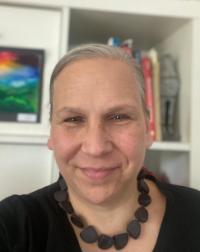 |
Social psychology, self & identity. I am particularly interested in the content and structure of the self-concept, social identification, collectivism, and intergroup/intragroup behavior. My current projects concern: the relationship between social identity-specific collectivism and group behaviors such as political activity and leisure behavior; the connection between identity-specific collectivism, attributions for success and failure, intergroup bias and conflict resolution; acculturation beliefs of immigrant and nonimmigrant New Yorkers; and predictors of feminist identity. |








